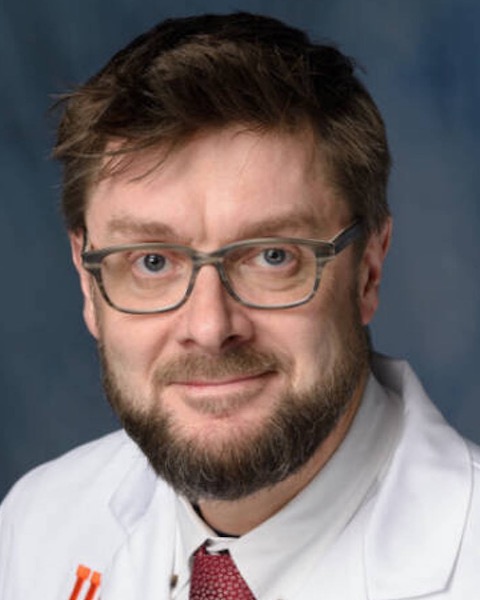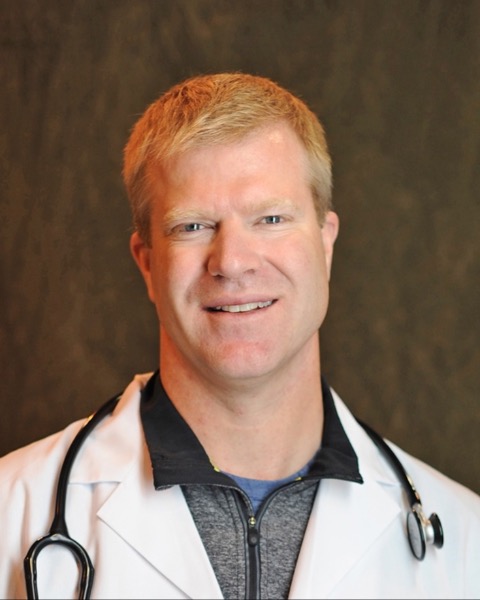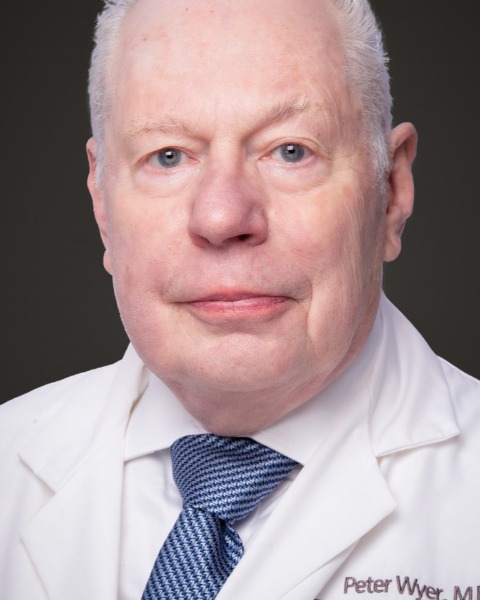Is Evidence Based Medicine Dead? Exploring the Evolution of a Philosophical Paradigm (Evidence Based Healthcare & Implementation and Research Directors Interest Group Sponsored)
Evidence Based Medicine (EBM) emerged 30 years ago as a graduate medical education approach to align healthcare delivery with patient’s unique priorities, contemporary research evidence, and clinician expertise. Emergency Medicine (EM) academic thought-leaders embraced this paradigm by creating workshops to train the trainers and EBM series across multiple journals, as well as a Consensus Conference on Knowledge Translation. Whereas a past objective of EBM advocates was to instill a minimum competency for emergency medicine physicians to find, critically appraise, and assimilate practice-worthy research into bedside care in conjunction with patient preferences and clinician expertise, historical EBM leaders now suggest that a minimum competency level is unattainable, and the goal should shift to finding trustworthy secondary peer-review sources. The goal of the session is to explore the evolution of EBM and EM adaptations to adjust to new expectations and situational realities for teaching and applying EBM. This session will review the roots of EBM, research exploring program directors’ EBM expectations for residents and faculty, challenges adhering to the concepts of EBM, and hurdles associated with a shift away from primary critical appraisal skills towards secondary peer-reviewed sources. The last part of the session will be an interactive question and answer session in which attendees may ask the panel to share their expertise in such areas as adapting EBM teaching methods.
Presenters:
- Christopher R. Carpenter, MD, MSc
- Lars K. Beattie, MS, MD
- Bryan G. Kane, Professor of Medicine, USF MCOM
- Ken Milne, MD
- Peter Wyer, MD
-

Christopher R. Carpenter, MD, MSc
Mayo Clinic, Rochester
Chris Carpenter, MD, MSc, is Professor of Emergency Medicine and Vice Chair of Implementation & Innovation at Mayo Clinic. He is Deputy Editor-in-Chief of Academic Emergency Medicine, Associate Editor of both Annals of Internal Medicine’s ACP Journal Club and the Journal of the American Geriatrics Society. He is former Chair of the EBHI Interest Group and co-authored the Enhancing the Quality and Transparency of Health Research (EQUATOR) Network Standards for Reporting of Implementation Research (StaRI) reporting guidelines. He designed and led the Washington University in St. Louis Emergency Medicine Journal Club format and website and serves as faculty for multiple secondary peer-review resources. He was also faculty for the McMaster Evidence Based Clinical Practice Workshop and serves as Content Editor for the American Board of Emergency Medicine’s MyEMCert Key Advances.
-

Lars K. Beattie, MS MD
University of Florida
Lars K. Beattie M.S., M.D., FACEP is the Residency Program Director at the the University of Florida Health Science Center Department of Emergency Medicine (EM) in Gainesville, Florida. He is a nationally recognized speaker and leader in EM education and has been a board-certified EM physician for the last 20 years. In 2005, he co-founded the Libertas Center for Human Rights at Elmhurst Hospital, Queens, New York. Since graduating residency, he has spent 19 years immersed in EM resident and student education. His role as a clinician and resident educator involves identifying evidence-based clinical practices, translating them into teaching strategies for learners, who ultimately bring that to patient care.
Through the construct of the Mt Sinai EM and the University of Florida Department EM Journal Club, he has coached residents and faculty in the principles of evidence-based medicine and its application in the assessment of the current medical literature. He has served on national, state, and local medical education committees including the society of Academic Emergency Medicine Simulation Academy. He has given over 25 international and national presentations and is an experienced simulation educator. He has developed over 14 cases presented in international and national conferences for the Emergency Medicine Residency Association SIMWars. He is an editor of 4 books and has authored 12 education related publications. He has been awarded 2 grants including a Department of Health and Human Services Office of Refugee Resettlement Grant for direct services to survivors of torture at Elmhurst Hospital Libertas Center Survivors of Torture Services Project.
-

Bryan Bryan G. Kane, Professor of Medicine, USF MCOM
Lehigh Valley Hospital and Health Network
Bryan Kane, MD is a Professor of Medicine with the University of South Florida. His teaching and research abilities were recognized with induction to the University's Academy of Distinguished Educators and to the Robert A. Good Honor Society. At Lehigh Valley Health Network, he is the Associate Program Director (Research) for the Emergency Medicine Residency. Currently the President of the Medical Staff, he has previously served on the Institutional Review Board as the Vice-Chair. A past Chair of SAEM's Evidence Based Healthcare Improvement IG, he led a consensus effort to evaluate the resident Scholarly Requirement. He currently serves on SAEM's Workforce Taskforce. He is active in CORD, having served as the Research Track Chair and on the COVID Taskforce. Within ACEP, he has authored textbook chapters, is on the PACEP Research Committee, and was named "PACEP Physician of the Year". He received his undergraduate degree at Yale, completed medical school at UPenn, and trained in Emergency Medicine at Yale. His educational passions are around Evidence Based Medicine, where he has designed a Journal Club tied to a validated EBM metric.
-

Ken Milne, MD
Western University
Dr. Milne is a staff physician at the Strathroy Middlesex General Hospital in Strathroy, Ontario, Canada. He has been doing medical research for 40 years publishing on a variety of topics. Dr. Milne has been working clinically for 29 years and is an Associate Professor in the Department of Medicine (Division of Emergency Medicine) and the Department of Family Medicine at the Schulich School of Medicine and Dentistry. He has taught evidence-based medicine, clinical epidemiology, critical appraisal and biostatistics at Western University in London, Ontario. Dr. Milne is passionate about skepticism and critical thinking. He is the creator of the knowledge translation project, The Skeptics’ Guide to Emergency Medicine (TheSGEM). Currently, Dr. Milne is doing his Executive MBA at the Ivey School of Business. Ken is married to Barb and has three amazing children.
Dr. Milne serves as a senior editor of Academic Emergency Medicine. He has no funding from the pharmaceutical or biomedical device industry. He is on faculty for the Center for Medical Education and EMRAP. Dr. Milne does partake in medical malpractice reviews and holds a patent on a pediatric resuscitation device. -

Peter Wyer, MD
Columbia University Medical Center
Dr. Wyer is the founder and chair of the Section on Evidence Based Healthcare of The New York Academy of Medicine and is Associate Professor of Medicine at Columbia University Medical Center in NYS. He is a leading author and educator in the area of evidence-based health care. He was a member of the McMaster based Evidence-Based Medicine Working Group and a substantial contributor to the Users’ Guides to the Medical Literature series published by JAMA. He has originated and edited innovative educational series on EBM in leading journals including Canadian Medical Association Journal, Journal of General Internal Medicine and Annals of Emergency Medicine. He is currently Associate Editor at the latter journal. He was a recipient of an award from the Stemmler Fund of the National Board of Medical Examiners to develop and validate assessment tools for the ACGME practice-based learning and improvement competency and has received support from AHRQ for programs based at the New York Academy of Medicine. He was founder and first Chair of the SAEM Evidence Based Healthcare and Implementation Interest Group.
